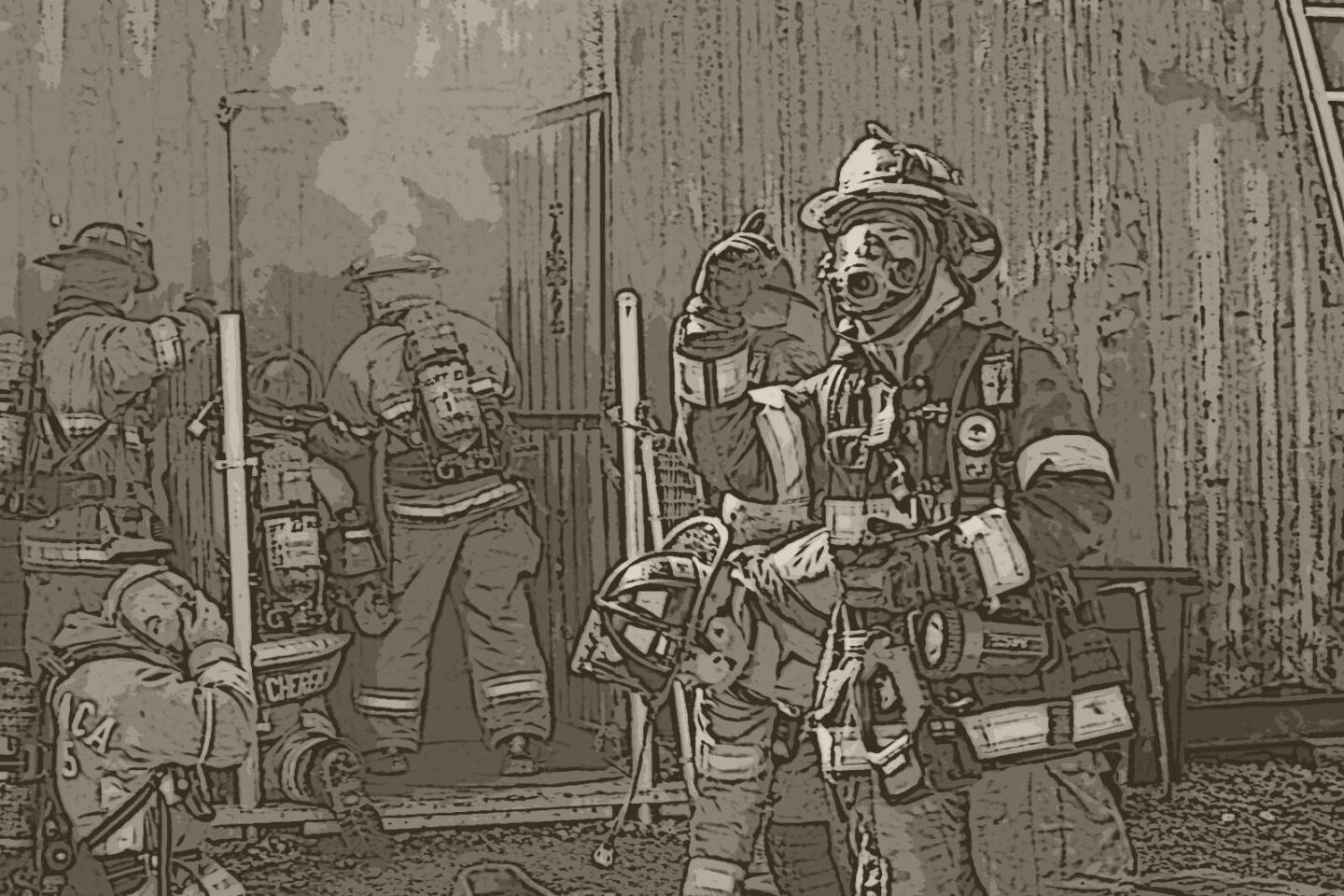
Taking action at any fire department operation without first gathering adequate information can be worse than taking no action at all. This is definitely the case when it comes to staging and slowing responding units to “routine.” Many fire departments require that all but the first-arriving fire company and battalion chief stage a block away from the scene when arriving on assignments. Staging prevents premature commitment of companies before an initial size-up, which ideally includes a “360” of the fire building. Staging should not have to be ordered by command unless command is specifying staging area. Any officer who has taken command during the initial stages of an incident understands how stressful it can be. The officer who is conducting the initial size-up does not need to be pressured by responding companies asking for an assignment because, frankly, he or she doesn’t have enough information yet to properly deploy them.
First Water on the Fire
A building fire assignment is dispatched in the early morning hours of New Year’s Day for a report of “smoke coming from a building.” A quint and a medic-rescue, arriving simultaneously, found smoke pushing from around overhead doors on the North side of a commercial building on 27 St. The company officer on the quint assumed command pending the arrival of the battalion and the remainder of the assignment staged according to procedure. The officer of the medic-rescue, who was familiar with the area, suggested to command that his unit proceed to the next street, South; 26 St., because he suspected that the fire building was as deep as a city block. The officer’s intuition was spot on; he found a well-involved storefront office area, which turned out to actually be the Alpha side of the building, which spanned from 26st. to the Charlie side on 27 St. Companies in staging, ready for immediate deployment, were directed to 26 St. Once water was on the fire, the first-arriving quint company cut and raised the overhead door on the Charlie side for ventilation. Although first to arrive, the quint never put a drop of water on the fire.
What If Companies Did Not Stage?
This scenario, which actually occurred, begs the question: What if companies did not stage and began operating at the rear of the building on 27 St.? Had companies attempted to advance hoselines from a Charlie side overhead door on 27 St., it would have required a stretch of 400-500 feet in heavy smoke and maze-like conditions. Additionally, opening the overhead door before water was on the fire could have quite possibly created a flow path, drawing fire towards the Charlie side.
RELATED
Nothing Showing Through the Windshield
Seasoned officers all have had experiences where the first-arriving company took command and subsequently directed companies in staging to a different entrance of an apartment, commercial complex, or trailer park. Additionally, it is not uncommon for command, located on the Alpha side, to direct companies in staging to other sides of a building to reduce the length of hose necessary to reach the fire and keep personnel operating closer to their means of escape.
Slowing Units to “Routine”
Fire officers can embarrass themselves when they initially slow units to “routine” response without conducting an adequate size-up and then have to transmit to have them resume their emergency response. Be very careful about slowing units to routine at large commercial and high-rise buildings because fire conditions may not be immediately observable due to the height, size, or complexity of the structures. Similarly, be careful about slowing units based on information from the police. Due to energy-conserving windows and weather stripping, a fire in an “airtight” building can rapidly consume the available oxygen and diminish in intensity to the point that heat-induced pressure no longer pushes smoke from the building. As a result, a “nothing showing” observed from the cab of an apparatus can end up becoming an intense fire when a closed up building is opened and air rushes in, awakening the sleeping dragon inside.
BILL GUSTIN is a 45-year veteran of the fire service and a captain with the Miami-Dade (FL) Fire/Rescue Department. He began his fire service career in the Chicago area and is a lead instructor in his department’s Officer Development Program. He teaches tactics and company officer training programs throughout North America. He is an advisory board member of FDIC International and a technical editor of Fire Engineering.

